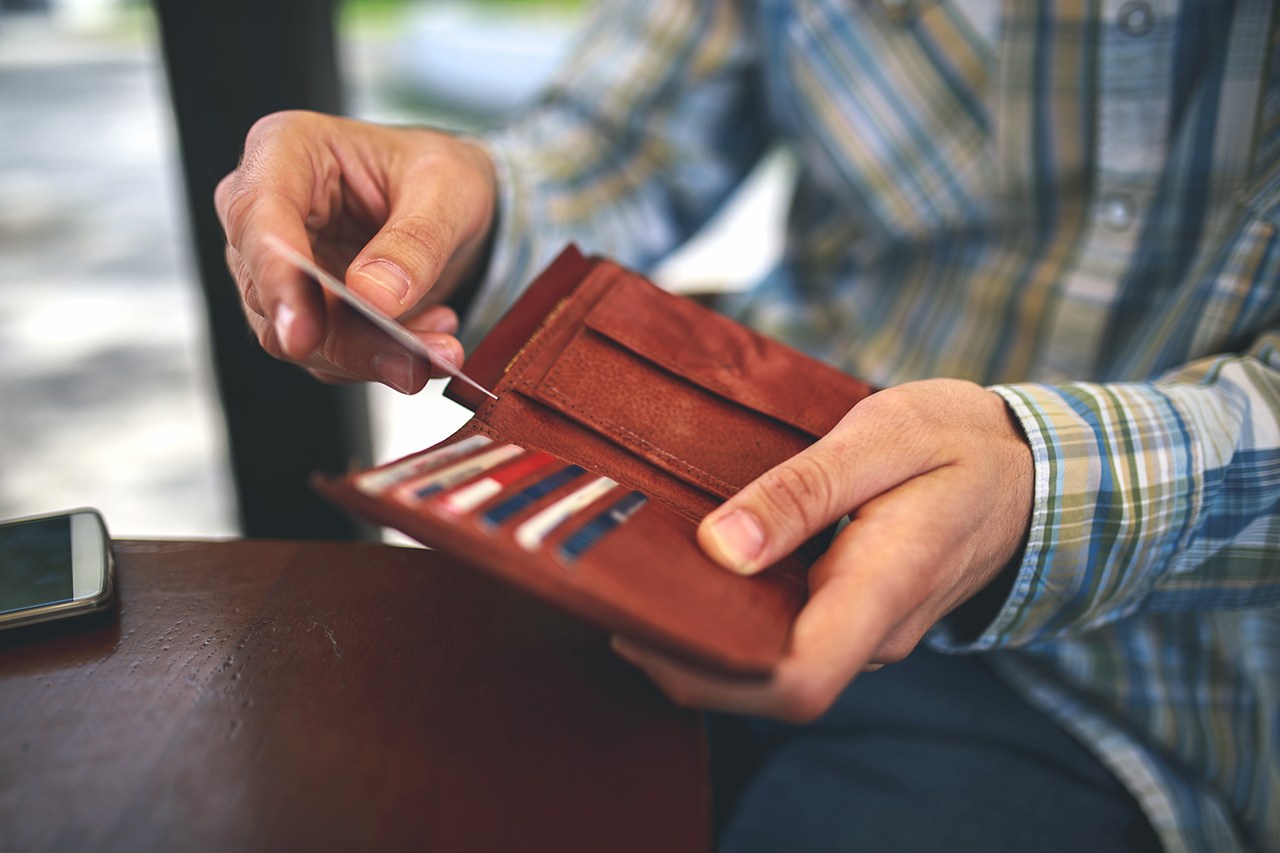
Americans are skittish about paying their bills — and many of them wind up paying those bills late.
Data from a recent Aite Group study shows that 46% of Americans pay their bills late, while 23% percent pay within the first 30 days after the due date; 18% pay beyond 30 days after the due date, and 5% never pay on time.
Financial consumers who pay one particular bill late – credit cards – are especially courting trouble. Besides fees and penalties (which can include higher card interest rates), late payers will also likely see their credit score take a downward hit.
“Late payments can be really detrimental to your credit score,” says Michael Broughton, co-founder and chief executive officer at Perch, a fintech mobile application company. “The amount of damage a late payment can do on your credit isn’t based entirely on what the payment is or size, but more so how long it takes to pay off the late expense. The later the payment, the worse the penalty.” Late credit card payments can stay on your credit report for seven years, according to Broughton. “That ends up impacting your credit card applications,” he notes.
Getting back on track
The first step in getting a grip on late payments and moving toward credit card application approval is paying your bills on time and avoiding late fees.
“To avoid credit card late fees, be sure to know the billing cycle time frame and when your payment is due,” says Daniel Rodriguez, director of operations at Hill Wealth Strategies, in Richmond, Va.
Another good strategy to avoid paying credit card bills late is to automate the payment process.
“Establish automatic payments a few days before the payment is due,” Rodriguez says. “This way, your financial institution’s online banking system will automatically withdraw the amount you set and when. You can make this payment structure as a recurring event or a one-time payment, depending upon your monthly credit card balance.”
Boost your credit score before applying for a credit card
To improve a credit score before trying for a new credit card, Rodriguez points to four easy strategies he shares with his clients:
- Pay your bills on time. “That includes everything from utilities to credit cards,” he says.
- Pay off credit card debt at the end of each month’s billing cycle. “If you’re unable to pay it off every month, then try not to have a high balance relative to your credit limit,” Rodriguez adds. “I recommend no more than a 30% balance, meaning if you have a $10,000 credit limit, try to keep the balance under $3,000.”
- Stay active. Keep the average age of revolving accounts high by keeping your oldest cards active.
- Curb credit inquiries. Limit the number of hard inquires on your credit profile, such as applying for loans and credit cards. “They can stay on your report for years and negatively impact your score,” Rodriguez adds.
How long should you wait to apply for new credit?
Generally, it depends on an applicant’s financial health and credit needs.
That said, Rodriguez advises his clients to wait approximately six to nine months before applying for a new credit card unless it’s urgently needed.
It’s also a good idea to avoid applying for too many credit cards at the same time.
“The impact of applying for credit cards too often may lead to overspending and record-keeping mismanagement,” Rodriguez says. “When clients have too many credit cards, it becomes convenient to charge everyday items on different credit cards and then forget what was charged where and when each credit card’s payment is due, which can ultimately result in lowering credit score because of a late or missed payment.”
“Applying too often will also increase the amount of hard inquires on your credit report and may lower your score, possibly affecting future credit approvals,” he adds.
One last tip – consider a personal loan
Is taking out a personal loan to pay down credit card debt a good idea? If interest rates are low enough (under 5% or so for a loan), taking out a personal loan to handle credit card debt can be a good idea.
“Credit cards often have very high interest rates,” says Randall Yates, chief executive officer at The Lender’s Network. “If you have high credit card debt then getting a personal loan with a lower rate can save you money and get you out of debt faster.”











